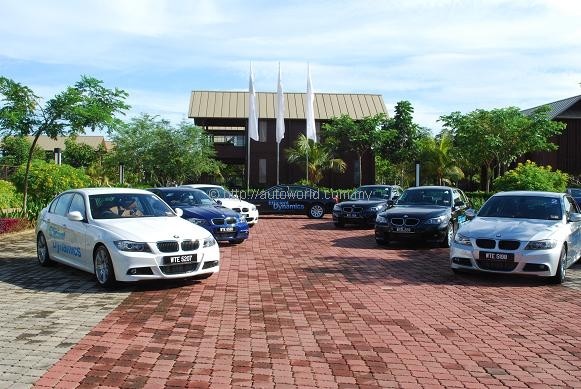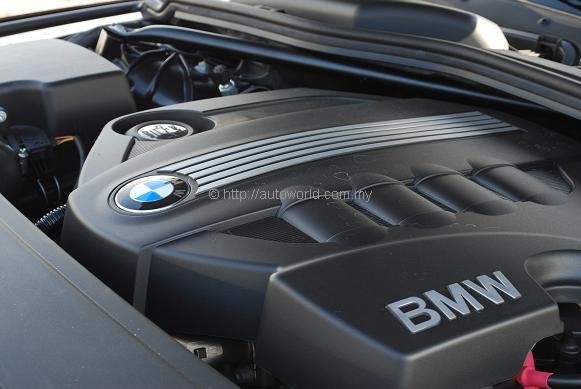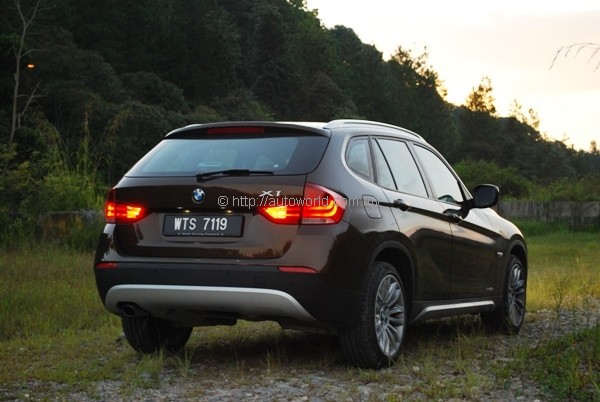BMW Malaysia announces Budget 2011 wishlist
The national budget for 2011 will be announced this Friday, and players of all industries are set to keep a keen eye on proceedings in order to plan their upcoming investments and policies. As personnel of the Finance Ministry make their final tabulations and computations, Geoffrey Briscoe, Managing Director of BMW Group Malaysia saw it fit to announce the company’s ‘wishlist’ for Budget 2011.
Briscoe’s statement, naturally centered on the auto industry, seeks to encourage the increased use of Green Technology. He pointed out that the impending introduction of bio-diesel in 2011 as a good example in promoting this cause. He was also keen to stress, and we’re fully behind him on this one, that the government definitely needs to improve Malaysia’s fuel quality, petrol and diesel, to Euro IV standards by 2011 as well.
Last year, BMW made a bold move to introduce simultaneously four diesel models in the Malaysian market, namely the 320d, 520d, 730Ld, and X3 xDrive20d. This year, the company also launched the all new X1 and facelifted X5, both featuring diesel engine options.
As such, Briscoe was also naturally keen to encourage support for the use of clean diesel in Malaysia. On this, he said, “Through the years there have been many misconceptions about diesel fuel in Malaysia. Often mistaken as the dirtier, cruder and least performance capable option compared to petrol due to its widespread use amongst commercial vehicles, modern diesel engines actually generate 20% more horsepower, 75% more torque and consumes up to 30% less fuel compared to petrol. More significantly however is the fact that diesel engines on average produce 20% less carbon dioxide (CO2) than their equivalent petrol counterparts which significantly reduces the amount of harmful emissions being released into our environment.”
He quoted a study by Vehicle Park SGP, which suggests that, “If 50% of the car population in Malaysia were to utilize Advanced Diesel Technologies, a total of 2.7 billion liters of fuel could be saved annually. With such an amount saved, an advanced diesel vehicle could drive more than 43,000 times around the earth. Even more significantly such amounts of fuel saved would result in the reduction of harmful Carbon Dioxide (CO2) emitted into our environment by 3.98 million tons.”
Similar to what has been offered to Hybrid cars, Briscoe is also proposing that incentives be given to manufacturers to bring in clean diesel passenger cars into our market. This would help offset the 10-20% premium companies need to charge consumers for diesel variants over equivalent petrol models due to higher costs involved in building a diesel engine. Inherently, diesel engines are expensive to build, but if used with the right fuel quality, they are also very durable and cheap to maintain.





























